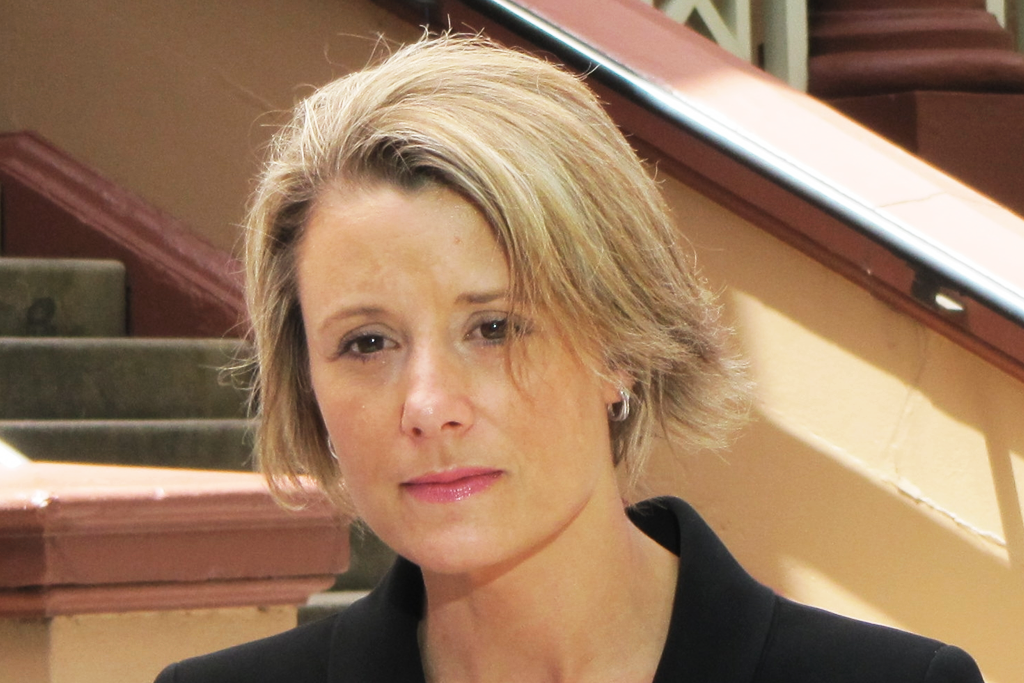People Seeking Asylum Need Your Help More Than Ever This Winter
Now is the perfect time to give to a good cause.

Aida’s daughter was almost six years old when she was informed by the Australian government that, when her daughter turned six, their family would no longer be considered “vulnerable enough” to receive support payments as people seeking asylum in the community.
Waiting in Australia on temporary visas to see if they would be granted asylum (a process that can take up to 10 years), Aida’s family was legally unable to work — and faced losing their house due to the lack of income.
That’s the reality for the thousands of people seeking asylum in Australia, as the government’s massive $83.6million cuts to the Status Resolution Support Services (SRSS) payment safety net over the past two years have allowed the number of people with zero income in our community to increase, along with homelessness and critical welfare issues.
The SRSS wasn’t much to begin with — around $247 a week (well below the poverty line) with casework support and access to trauma counselling — but eligibility to receive these basic provisions has been severely restricted since late 2017 and more than 1200 people have lost access since then. Now, families like Aida’s, with children over six-years-old are ineligible for help.
In what the ASRC have called “the largest crisis facing people seeking asylum in our community for more than 15 years”, we are now well and truly seeing the effect of these funding cuts.
“When people seek refuge in our country we should take them and not punish them,” says Kon Karapanagiotidis, CEO of the Asylum Seekers Resource Centre, “but what we’ve done is quite a process. The process is a punishment.”
This has left an increasing number of asylum seekers with shaky food, housing and healthcare — all of which become heightened issues during the cold winter months.
“We basically have a government that is starving refugees”, says Karapanagiotidis. “It’s starving them of hope, of a future, of safety and security. And it’s doing that by basically making it almost impossible to bare – to [have to] survive while they fight for their lives, while they go through a legal process trying to prove that they’re refugees.”
Without any federal funding the ASRC is straining to help families like Aida’s, and everyone else who needs them.
“These people basically die on the streets,” he says. “And we might be used to seeing adult homeless on the street, but [now] you’re seeing homeless children on the street.”
“Where we step in is in keeping people alive. Keeping their hope alive and keeping a roof over their head. We’re housing close to two hundred people a month by paying their rent and you know these are families, and where they would just actually be on the street. We have seven, eight hundred people a week to go to the food bank.”
How You Can Help The ASRC This Winter
At the moment, the ASRC assists approximately 750 families to find food each week. They also help people find affordable, safe housing, and provide short-term housing places for 275 people each night, including, on average, 84 children.
In addition, they offer essential healthcare and mental health services, and assist more than 5,000 asylum seekers a year with their caseloads.
“There’s not a day that goes by where mothers haven’t turned up [and they] can’t even [afford to] put nappies on a new-born boy. It’s really crisis work every day.”
Which is where you come in. To help the ASRC help vulnerable asylum seekers, they have launched their Winter Appeal, asking for tax-deductible donations before June 30, the end of financial year.
Your donation will directly help asylum seekers: a one-off donation of $38, for example, ensures that one person will have food and groceries for a week. Give what you can, and help the ASRC help.
“We just need as a community to show them no matter what this government stands for, we just don’t give up,” says Karapanagiotidis. “They don’t represent our values.”
Feature image via ASRC.

